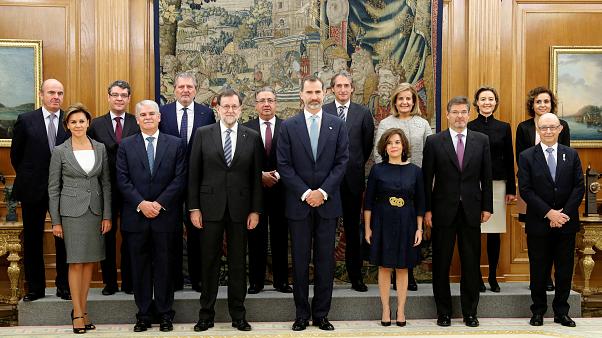Unmanageable Spain now looks to King Felipe to seek a coalition

MADRID – Welcome to the ‘Italian style’ policy. The leading Spanish commentators and politicians said this with a mixture of horror and dismay. And yet it happened. The new Parliament that emerged from the polls of this electoral round is not by chance unanimously defined as “historic” risks being unmanageable. Or in any case subject to blackmail, snipers, needs and claims of a local nature (nationalist or independentist).
The PP of Mariano Rajoy wins but does not win. The PSOE in Pedro Sánchez loses, but not quite, indeed can groped to present itself as a leading force of a new majority yet to be built.
The curious fact, and in a certain sense worrying, is that if until now the two traditional forces of center-right and center-left have been able to alternate power with solid executives (never has a government fallen before the natural expiry of the legislature ), now even the irruption of two new formations in some way similar to the same policies turns out to be a guarantee of governability. The support of the centrists of Albert Rivera is not enough for the popular. The hypothetical support of the party of Pablo Iglesias is not enough for the socialists .
The magical 176 share (half plus one of the seats) remains far from one side and the other of the grid, so that, among the burst hypotheses launched in the sudden incredulity of television talk shows, the specter of the gran coalición reappears . But few believe it at the moment. And maybe they are even less those who would like it. Rajoy does not like that, in the last remnants of the country, he had launched it as a solution that was not entirely available for rejection, but only in the event that the leader of the PSOE was no longer Pedro Sánchez (who defined the prime minister as a “an indecent politician”). As for the socialists, a pact with the right would risk becoming a suicide, especially with a Podemos in strong ascent that, at the next appointment with the polls, could make full of the votes.
For the first time, with seats closed and bare ended, Spain does not know the name of its new president. Bipartisanship is dead and the phase that starts is shrouded in fog. From now on everyone will look to King Felipe VI , who at the time of the settlement, eighteen months ago, had promised “a renewed monarchy for a new time”. Now it’s up to him, with the scarce powers that the Constitution gives him, to try to untangle the tangle.
He has the role of “referee and moderator” to whom his father Juan Carlos had never had to appeal. You will hear the leaders of all the forces represented in Parliament to explore the possibilities of pacts and agreements. Spain turns the page, but still does not know in which direction it is heading. A political veteran like Alfonso Guerra has issued a warning these days: those who now demonize bipartisanship will not be long in feeling nostalgia. I wonder if he will be right.
(December 20, 2015)


